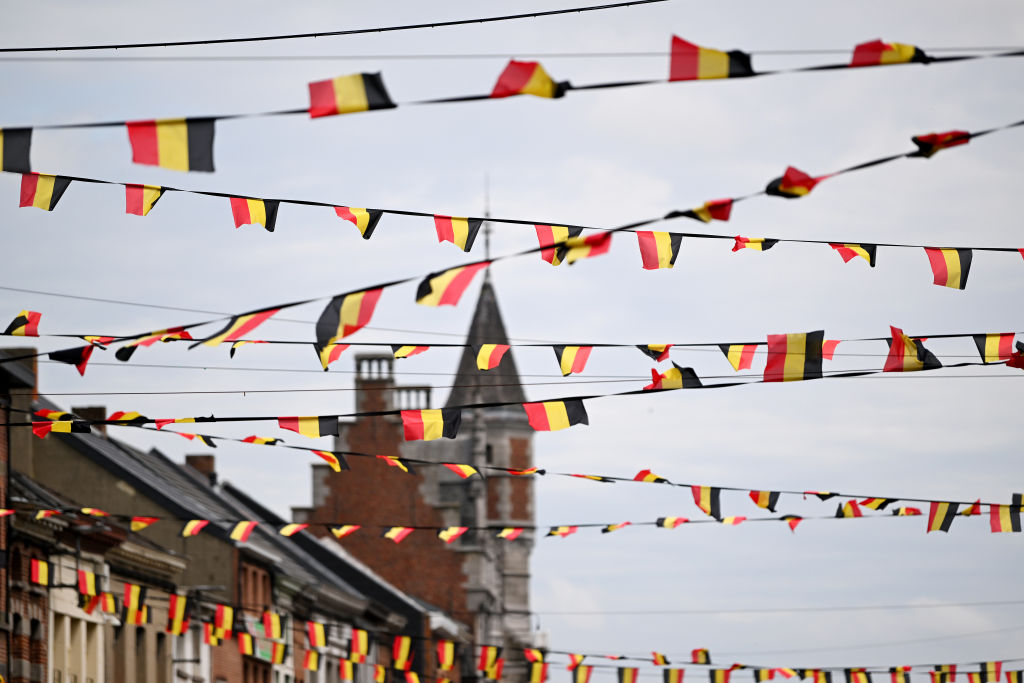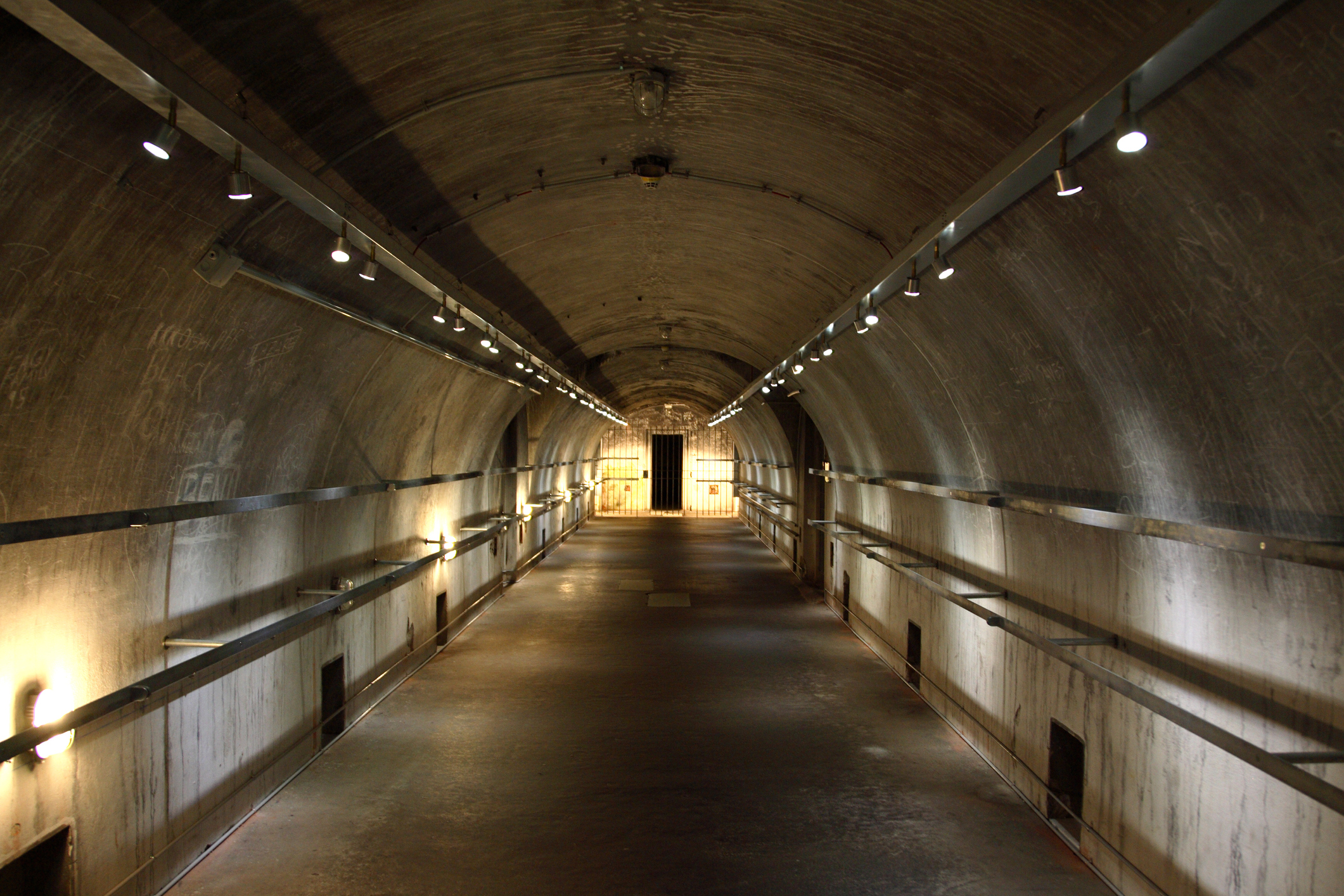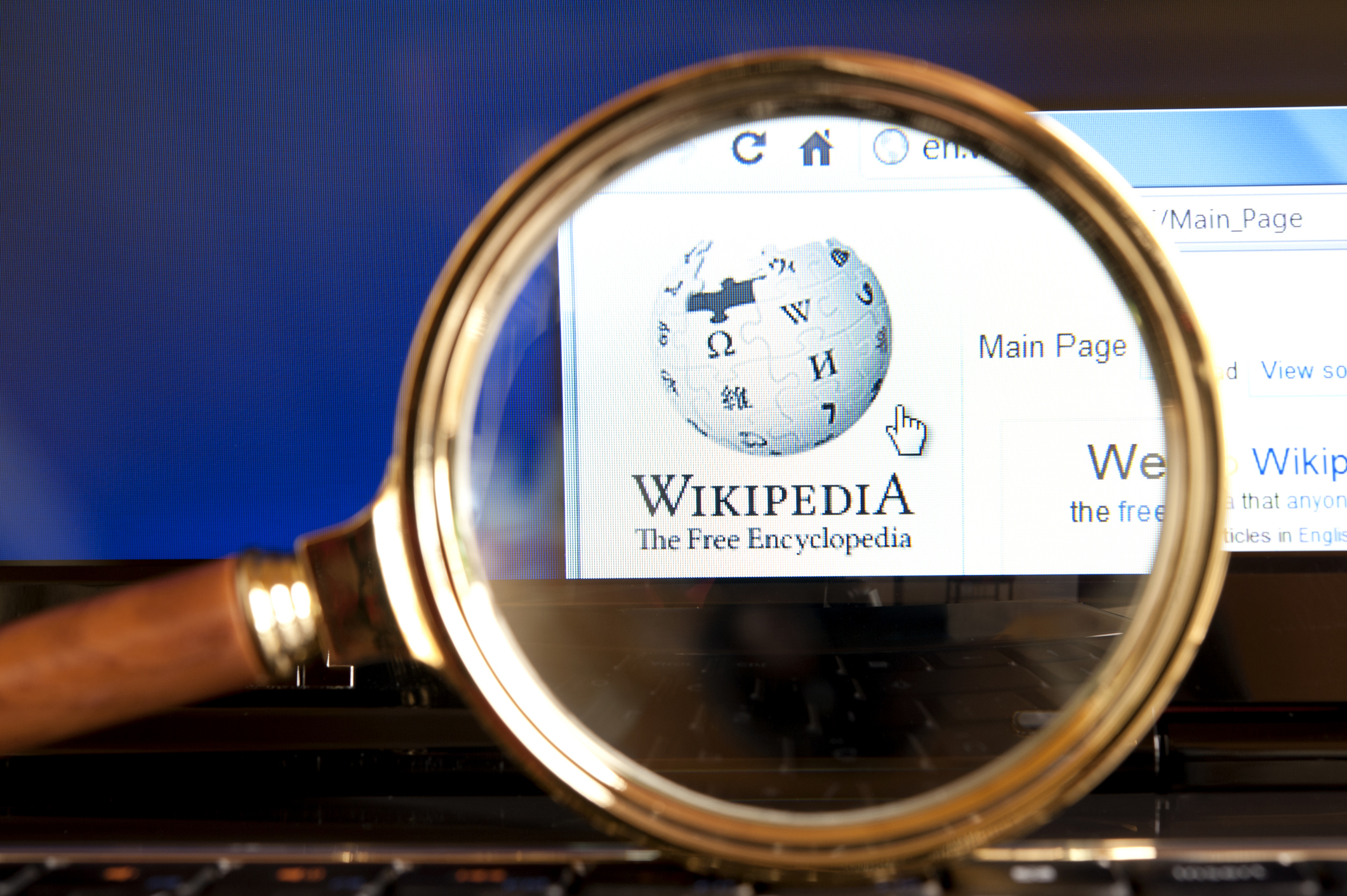Belgium’s wastewater has revealed a rise in illicit ketamine use, with levels now up to 11 times higher than a decade ago, a new report has found.
The study, Ketamine use in Belgium: Wastewater-based epidemiology and monitoring published on February 24, painted a troubling picture.
The analysis conducted between 2020 and 2023 across 26 locations suggested that consumption in Belgium of the psychoactive drug medically used as a treatment for depression and pain management was seven to 11 times higher than in 2012.
Researchers at the University of Antwerp’s Toxicology Centre found that ketamine use had expanded beyond major cities.
“It’s a myth that ketamine is just a big-city issue. Our data shows it’s widespread across Flanders and Brussels,” said Natan Van Wichelen, a key researcher on the study.
Ketamine, once primarily associated with the clubbing scene, is now being used throughout the week, not just on weekends, the study’s results found.
“While ketamine is still a party drug, it has become more integrated into everyday life,” Van Wichelen said.
“We see spikes during holidays or festivals for some drugs but ketamine is showing consistent usage both inside and outside the party scene.”
The increase in ketamine use over recent years has positioned Belgium as the leading consumer of the drug in the European Union.
Its rising popularity has placed it alongside traditional drugs such as cocaine, MDMA/ecstasy and cannabis.
According to a 2023 Sciensano study, Ketamine was the fourth most commonly used illegal drug in the country.
The survey found almost 30 per cent of people who used illegal substances that year had also used ketamine.
Authorities are now grappling with the consequences of this alarming trend.
On February 14, Belgian media reported that Brussels police had seized 27 kilograms of ketamine in a raid in the Northern districts of Schaerbeek, Evere, Saint-Josse-ten-Noode in Brussels.
The city has also been witness to a drugs war since the beginning of this year, with multiple shootings occurring in the capital.
“A drugs war has been being fought out between criminal gangs in Brussels,” says Brussels public prosecutor Julien Moinil.
A man has been shot dead in the Brussels municipality of Anderlecht. https://t.co/gOeobszM5x
— Brussels Signal (@brusselssignal) February 7, 2025
When misused, ketamine can cause intense hallucinations, dissociation, with severe health risks such as oxygen deprivation, unconsciousness and even cardiac arrest, particularly when combined with alcohol or other drugs.
The drug is typically snorted, although it can also be injected or mixed with other illegal substances.
France’s ‘high society’ has apparently grown, as experimenting with drugs has soared. https://t.co/OZleBBxJls
— Brussels Signal (@brusselssignal) January 16, 2025





